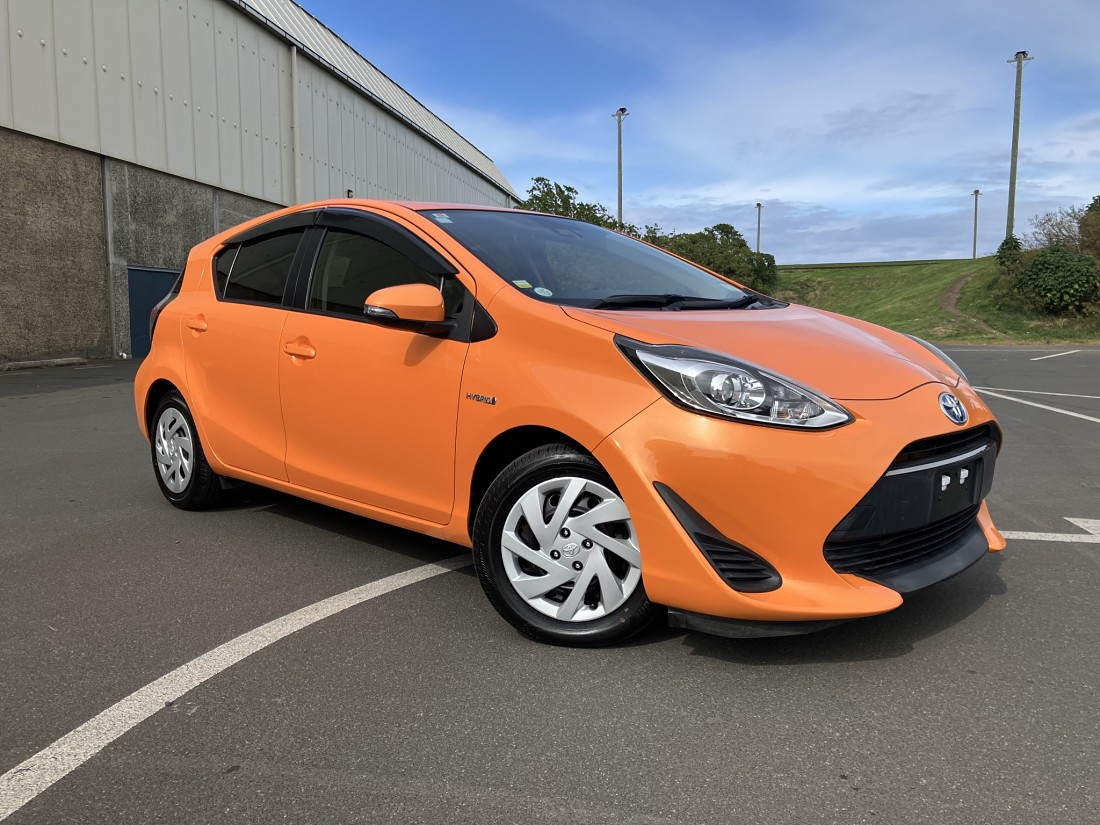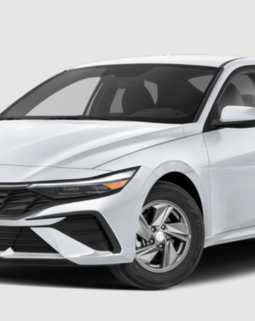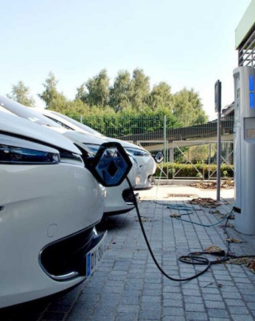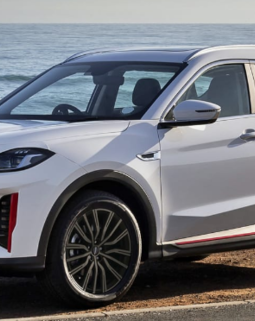In Kenya's ever-evolving car market, a quiet revolution is underway. As fuel prices fluctuate and environmental concerns take centre stage, more drivers are rethinking what powers their cars. The traditional petrol engine, once the undisputed king of Kenyan roads, is now facing stiff competition from hybrid technology.
But which should you buy in 2025: a petrol car or a hybrid?
Whether you're commuting through Nairobi traffic, cruising to Eldoret, or simply trying to stretch your shilling at the pump, this guide will help you weigh your options and make the best decision for your needs.
What’s the Real Cost of Going Hybrid in Kenya?
Let’s start with the big question every buyer asks: how much will it cost me to get behind the wheel?
If you're shopping on a budget, petrol cars still seem like the obvious choice. For under Ksh 2 million, you’ll find plenty of petrol-powered options, like the Toyota Axio or Honda Grace. Hybrids, while previously seen as luxury tech, are now more accessible than ever.
Thanks to increased imports and local demand, hybrid models such as the Toyota Aqua, Prius, or Nissan Note e-Power are now common on the streets of Nairobi and Mombasa.
👉 Example Prices (2025 estimates):
-
Toyota Axio (Petrol) – From Ksh 1.6M
-
Toyota Aqua (Hybrid) – From Ksh 1.9M
-
Toyota RAV4 Petrol SUV – Around Ksh 3.8M
-
Toyota Harrier Hybrid SUV – Around Ksh 4.5M
📉 While petrol cars win on upfront cost, the savings start to shift when you factor in fuel.
Fuel Efficiency: Where Hybrids Save You Thousands
In 2025, fuel is one of the most painful monthly expenses for Kenyan car owners. If you're spending Ksh 12,000–15,000 a month on petrol, a hybrid could change your financial life.
On average, petrol cars manage 10–14 km/l, while hybrids often deliver 20–30 km/l, depending on your driving style and route.
💡 Monthly Commute Example:
Driving from Ngong to Westlands every day (approx. 50km round trip) costs:
-
Petrol car: ~Ksh 18,000/month
-
Hybrid car: ~Ksh 8,000–10,000/month
Over a year, that’s a difference of nearly Ksh 100,000 or more.
🔗 Need help estimating your fuel costs? Try FuelBuddy Kenya’s calculator for current rates.
Servicing & Repairs: Are Hybrids a Gamble?
A common myth in Kenya is that hybrid cars are harder to fix. That may have been true a few years ago—but not anymore.
Today, auto centres like Cars Kenya, Makos Auto, and JVSC are equipped with diagnostic tools and technicians trained for hybrid maintenance. Nairobi, Kisumu, and Mombasa all have growing hybrid service networks.
🔧 Typical Maintenance Costs:
Service Type Petrol Car (KES) Hybrid Car (KES) Oil change 3,000–5,000 4,000–6,000 Brake pads 6,000–9,000 4,000–7,000 Hybrid battery N/A 90,000–200,000Yes, the battery is a big-ticket item. But it’s worth noting that hybrid batteries often last 8–10 years, and reconditioning services are now available at a fraction of the replacement cost.
🛡️ Some sellers now offer 1–2 year warranties on hybrid batteries, giving you added peace of mind.
Performance: Power vs. Peace and Quiet
Kenyan roads are as diverse as its landscapes. From smooth highways to pothole-ridden shortcuts, your driving conditions matter.
-
Petrol Cars offer stronger performance on long-distance drives and better response at higher speeds. They’re also better suited for rough terrain or rural roads where consistent torque is key.
-
Hybrid Cars excel in urban settings. They offer smooth, silent acceleration, ideal for stop-and-go traffic in Nairobi. Plus, the electric motor adds instant torque for responsive city driving.
🔊 Hybrids are whisper-quiet and feel futuristic to drive—until you step on the accelerator and realize they’re also surprisingly quick.
Environmental Impact: Nairobi's Next Green Revolution
With Nairobi, Kisumu, and Mombasa all battling rising air pollution, cleaner transport is no longer a luxury—it’s a necessity.
🚗 Petrol Cars: Emit high levels of CO2 and harmful gases like NOx.
🌿 Hybrid Cars: Significantly reduce emissions, especially in congested traffic.
As Kenya inches toward eco-friendly policies, including proposed clean air zones in CBDs, owning a hybrid may offer future privileges—like lower taxes or special access lanes.
🔗 Read more on Kenya’s green transport agenda via NEMA Kenya.
Resale Value: Which Car Holds Its Worth?
Hybrids used to be a hard sell in the second-hand market. Not anymore.
Today, models like the Toyota Prius, Nissan Note e-Power, and Honda Fit Hybrid are in high demand due to their low fuel consumption and improved serviceability.
Petrol cars still hold strong in rural areas or among buyers who prefer traditional engines, but hybrids now enjoy strong resale value in urban markets.
Who Should Buy What in 2025?
Here’s a quick breakdown for Kenyan buyers:
Profile Best Pick Daily commuter in Nairobi Hybrid Car Weekend driver or rural resident Petrol Car Budget-conscious buyer (under Ksh 1.5M) Petrol Car Eco-conscious urban dweller Hybrid Car Long-distance hauler or off-roader Petrol SUV Tech-savvy, future-ready owner Hybrid SUVThe Final Word: Go Hybrid If You Can
While petrol cars remain the more affordable option upfront, hybrids make up for it in fuel savings, smoother rides, and lower emissions.
If you're driving often, especially in urban traffic, hybrids offer the best long-term value in 2025. With better local servicing, rising resale demand, and a growing green mindset, now is the right time to switch.
🔎 Looking for a hybrid car in Kenya?
-
Browse trusted listings at Auto24 Kenya
-
Compare prices and reviews at Cheki Kenya
-
Find service centres at Cars Kenya and Makos Auto
For more car buying tips, vehicle comparisons, and reviews tailored to the Kenyan market, visit AutosKenya.com — your #1 auto resource in 2025.





